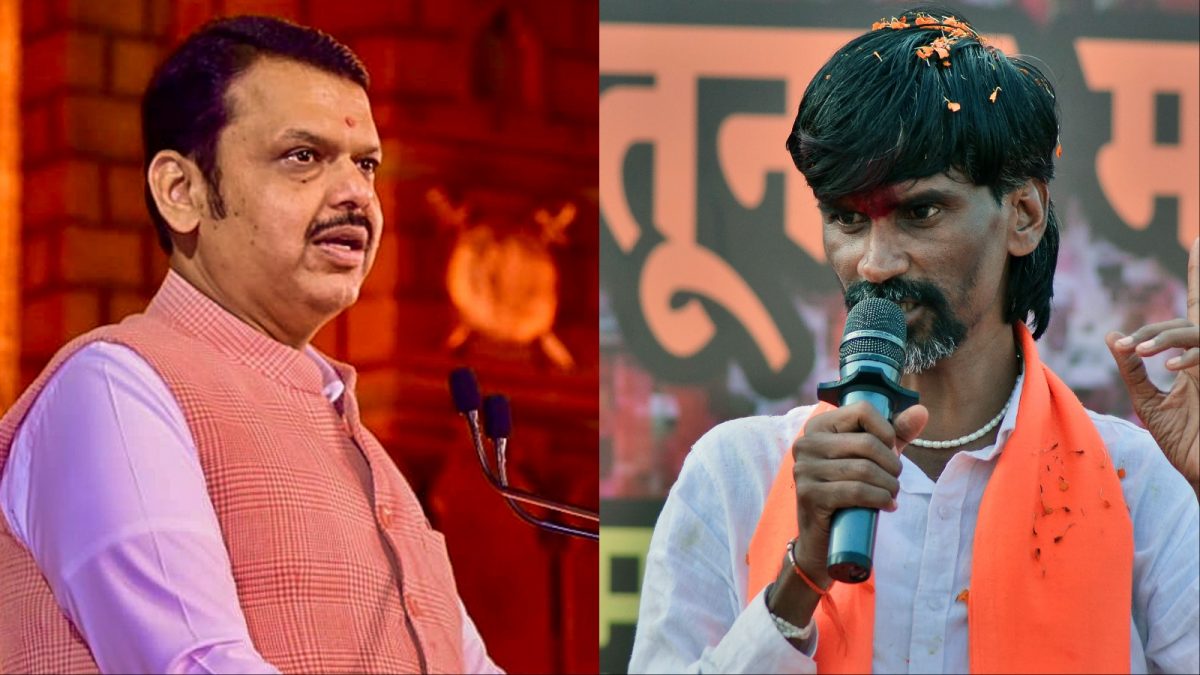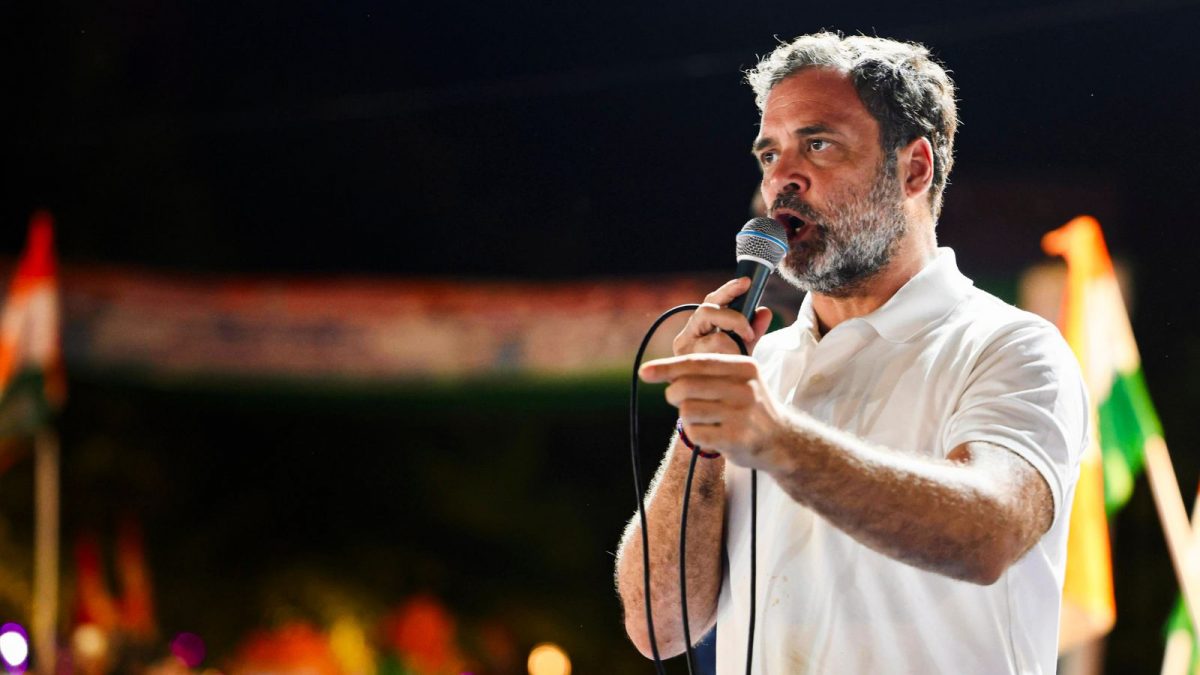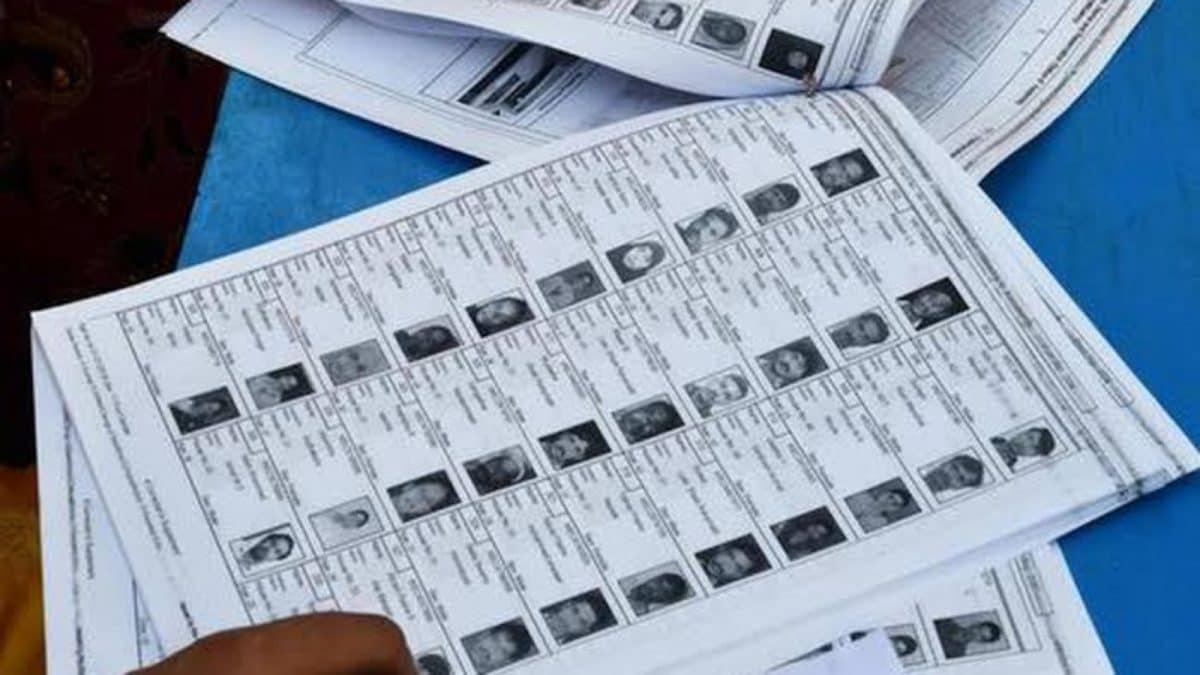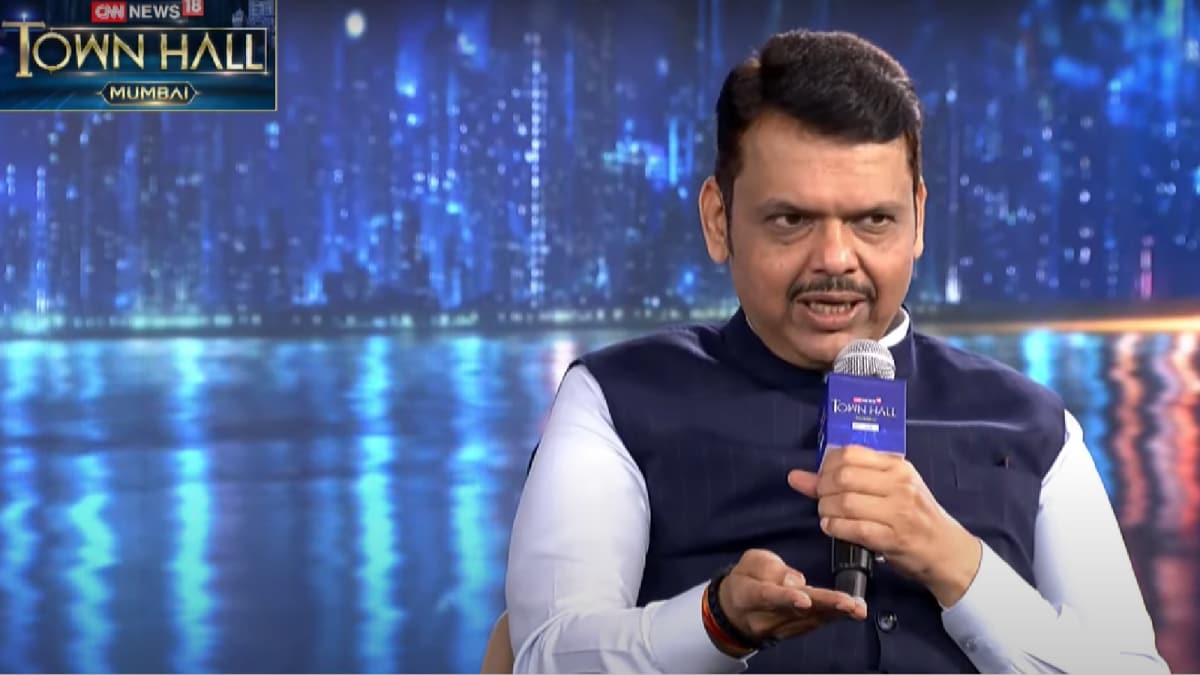Last Updated:
The Maharashtra chief minister must balance 3 explosive forces at once: Maratha impatience, the OBC insecurity, and the fragile coalition arithmetic that glues Mahayuti together

(Left) CM Devendra Fadnavis and (right) Manoj Jarange-Patil. (PTI)
When Manoj Jarange-Patil sits on a hunger strike, Maharashtra listens. At Mumbai’s Azad Maidan this week, the Maratha quota activist once again drew thousands, turning a routine weekday into a traffic nightmare and a political storm. For the Mahayuti government, the message is blunt: half-baked solutions and hurried announcements cannot contain a decades-old demand that has repeatedly outpaced the state’s imagination.
The government’s dilemma is obvious. On paper, the coalition has acted. In February 2024, a 10 per cent quota for Marathas was passed in the Assembly with unusual speed. The Shinde-Fadnavis-Pawar alliance hailed it as a “historic achievement”. But scratch beneath the surface, and it looks more like a legal gamble than a permanent answer. The courts have struck down similar attempts before. Nothing in the state’s defence today suggests that this time will be different.
Parallel to this legislative leap is the Kunbi certificate experiment—an administrative workaround that allows Marathas to access benefits through the OBC category. Here too, the execution falters. The Justice Sandeep Shinde committee exists, applications are being processed, and yet thousands remain stuck in limbo. For Jarange, who has been mobilising villages for months, this is proof that promises without delivery are meaningless. His demand for Kunbi status for all Marathas may be extreme, but it resonates because trust has eroded.
And this is where Devendra Fadnavis looms large. Being the chief minister, Fadnavis carries the weight of the coalition’s problem-solver. He must balance three explosive forces at once: the Maratha impatience, the OBC insecurity, and the fragile coalition arithmetic that glues Mahayuti together. It is a tightrope act that even his political acumen may struggle to manage if the fundamentals remain unresolved.
The handling of the Azad Maidan fast reflected this unease. Restricting Jarange’s protest timings to daylight hours may have made administrative sense, but it also exposed the government. It gave Jarange the moral high ground—he framed it as an “insult”. Once again, the state appeared reactive. Finally, the government extend the deadline by a day but Jarange’s message was clear: “This is the final showdown. Till the time Marathas get reservation, I won’t quit fasting. Either we get reservation, or I die here.”
The Opposition has latched on to the opportunity. Uddhav Thackeray projected Jarange’s protest as a fight for “legitimate rights”, while the Congress painted the agitation as proof that the Mahayuti cannot govern decisively.
The Maratha agitation is no longer just about reservation—it is about governance credibility. Every time the state announces a quota or a new committee, and every time it fails to see it through, it chips away at public trust. That vacuum is what Jarange exploits, and that is why his protests continue to find resonance.
If the Mahayuti is serious about solving the crisis, it must go beyond announcements. It must publish a clear legal strategy, ensure transparent and time-bound processing of Kunbi certificates and—most importantly—open structured dialogue with both Maratha and OBC communities. Anything less will only push the problem forward until it returns, larger and angrier.
At its core, this is the government’s problem. Jarange is merely the mirror. What it reflects is a state that has mastered political speed but not policy stability. Until that changes, hunger strikes will keep becoming headlines, and governance will keep looking like firefighting.

Mayuresh Ganapatye, News Editor at News18.com, writes on politics and civic issues, as well as human interests stories. He has been covering Maharashtra and Goa for more than a decade. Follow him at @mayuganapa…Read More
Mayuresh Ganapatye, News Editor at News18.com, writes on politics and civic issues, as well as human interests stories. He has been covering Maharashtra and Goa for more than a decade. Follow him at @mayuganapa… Read More
Read More








